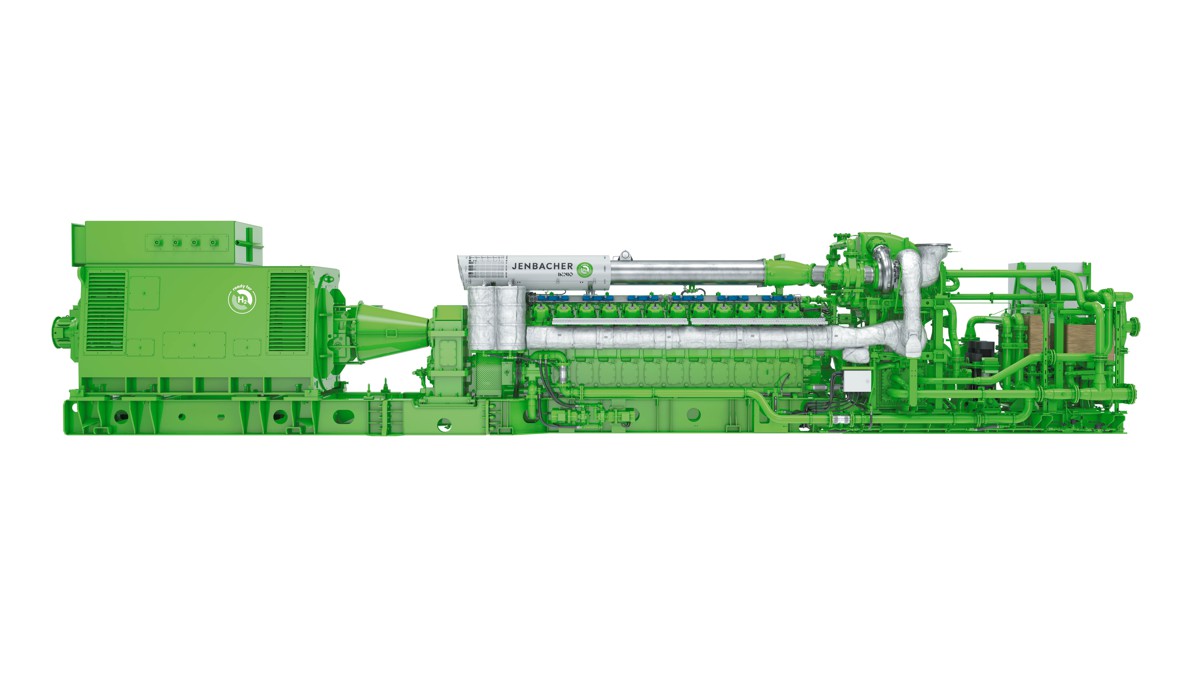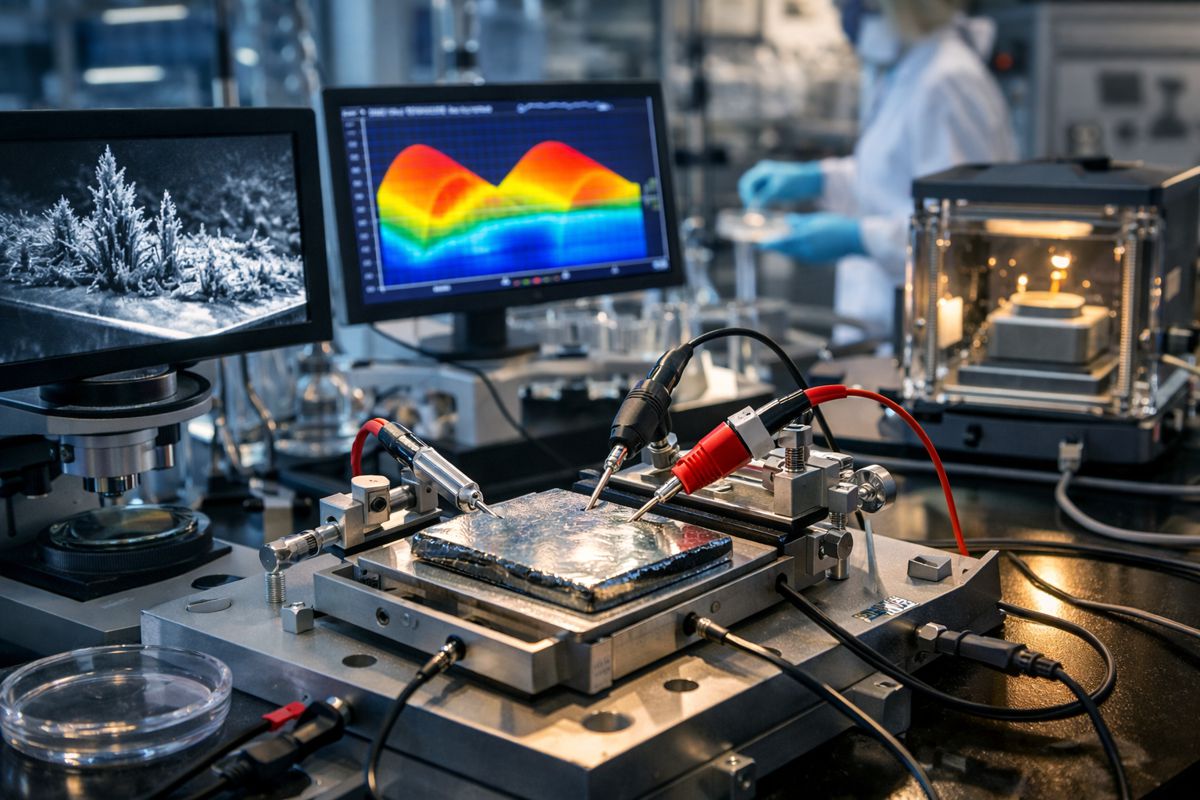Chemistry in the Cloud heralds a New Era of Sustainable Computing Solutions
In an era where technology is rapidly advancing, scientific computing is no exception. Researchers worldwide are tackling monumental computing challenges, and now, cloud-based platforms are poised to revolutionise how scientists work with data, solve complex problems, and make ground-breaking discoveries.
A notable initiative led by the Department of Energy’s Pacific Northwest National Laboratory (PNNL) in collaboration with Microsoft and other research bodies is taking strides to democratise access to these transformative cloud computing resources. This project, called the Transferring Exascale Computational Chemistry to Cloud Computing Environment and Emerging Hardware Technologies (TEC4), has the potential to create a scalable, sustainable model for high-powered computational needs.
For decades, science has leaned heavily on high-performance computing (HPC) facilities for data-intensive tasks, yet these facilities can struggle to keep up with demand. Cloud computing, however, is nimble, scalable, and more accessible, offering a promising alternative to traditional HPC.
As PNNL’s computational chemist Karol Kowalski, who led this innovative project, notes: “We have shown that it’s possible to bundle software as a service with cloud computing resources. This initial proof-of-concept shows that cloud computing can provide a menu of options to complement and supplement high-performance computing for solving complex scientific problems.”
Building on Exascale Computing
TEC4 represents a monumental shift, pushing the frontiers of computational chemistry into a new ecosystem. Unlike traditional, rigidly structured HPC systems, TEC4 utilises cloud technology to bring computational resources directly to researchers, ensuring agility and adaptability. The initiative is particularly focused on porting resource-intensive computational chemistry algorithms into the cloud. These algorithms are fundamental for applications in industries ranging from pharmaceuticals to advanced polymers and sustainable coatings.
Their latest paper, published in a peer-reviewed journal, explores both legacy and next-generation algorithms, including NWChem software developed at PNNL. Designed to harness the full power of GPU architectures, this advanced software has slashed processing times, enabling workflows that would typically take months to complete in a matter of days.
From Molecular Dynamics to Environmental Solutions
Cloud computing’s flexibility is proving essential in tackling urgent energy and environmental challenges. With access to Microsoft Azure’s sophisticated capabilities, TEC4 researchers recently simulated molecular interactions at the atomic level, unlocking new insights into complex reactions that are challenging to study in a lab setting. Through this approach, they were able to map a pathway to breaking down perfluorooctanoic acid—a persistent environmental pollutant.
As Kowalski put it: “We envision an ecosystem of use cases from low-tier to high-tier jobs that take advantage of GPU-based computing now being used extensively for artificial intelligence and machine learning applications.”
This work isn’t just theoretical; it’s a practical response to mounting global challenges. By leveraging the versatility of cloud computing, TEC4 is laying the groundwork for actionable strategies in fields as varied as clean energy, sustainable materials, and environmental remediation.
Creating an Inclusive Cloud Ecosystem
One of TEC4’s primary goals is to create a thriving, inclusive ecosystem for cloud-based computing in scientific fields. This isn’t just about technology—it’s about community. To that end, the TEC4 team is actively recruiting collaborators from both the developer and user sides to build a versatile user base that can test and further develop the platform. Kowalski added: “We are building a family of codes. The goal is to build a community around this effort.”
TEC4’s vision includes training a new wave of students and scientists who are proficient in utilising these cloud-based tools. In collaboration with institutions like the University of Texas at El Paso and Central Michigan University, TEC4 launched a new course aimed at equipping students with the knowledge they need to push computational chemistry into the future.
Developing the Next Generation of Cloud-Based Chemistry Experts
The TEC4 initiative not only opens doors for current scientists but also paves the way for future experts in the field. As part of their commitment to education, TEC4 has partnered with universities to provide specialised training that aligns with real-world challenges and needs. The team aims to foster a pipeline of skilled scientists prepared to bring computational techniques into innovative sectors such as artificial intelligence, machine learning, and quantum computing.
Training the next generation means more than just providing resources; it’s about building a workforce equipped to carry out essential research in sustainable energy and environmental stewardship. PNNL’s contributors to this initiative, particularly those from its Computational and Theoretical Chemistry Institute (CTCI), are on the cutting edge of combining chemistry software development with advances in data science.
Moving Forward with Cloud-Driven Solutions
As cloud computing continues to evolve, so too will the applications it can support. TEC4’s work is only the beginning, a foundation for even more ambitious projects down the line. While TEC4 was primarily funded by the Department of Energy’s Basic Energy Sciences programme, it has also drawn support from the Department of Defense and other sources, which signals a broad commitment to this evolving field.
Looking ahead, TEC4 aims to establish itself as a central pillar of sustainable computing practices. Through partnerships with industry leaders like Microsoft, it seeks to redefine what’s possible in scientific research and open up new possibilities for innovative problem-solving.





























